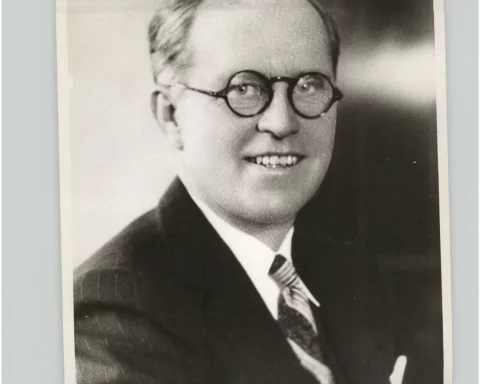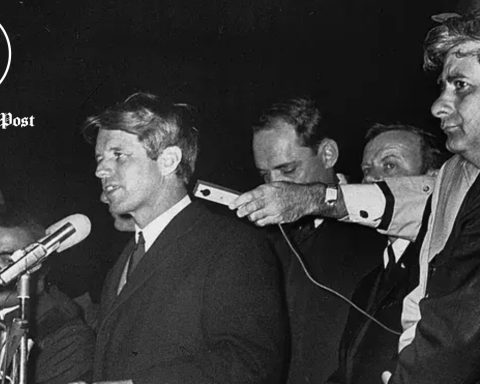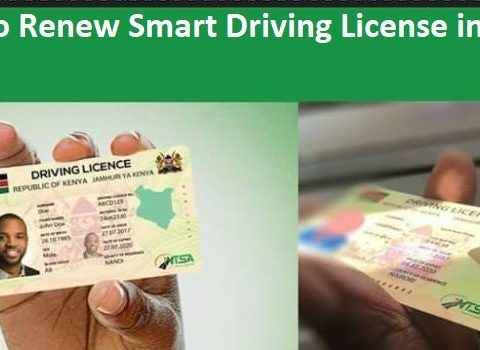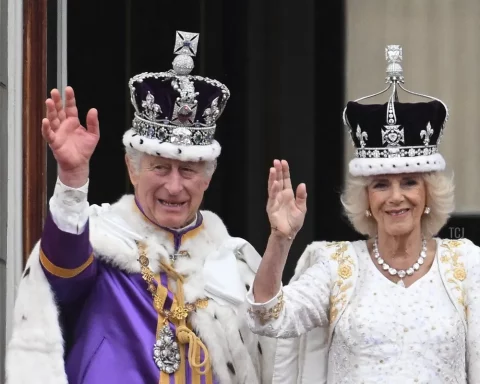On April 8, 1953, Jomo Kenyatta is convicted by Kenya’s British rulers of leading the extremist Mau Mau in their violence against white settlers and the colonial government. An advocate of nonviolence and conservatism, he pleaded innocent in the highly politicized trial.

One of modern Africa’s first nationalist leaders, Jomo Kenyatta was a great defender of Kenyan and African culture and wrote eloquently on the plight of Kenyans under colonial rule. He played little part in the Mau Mau uprising of 1952 but was imprisoned for nine years along with other nationalist leaders.
Upon his release in 1961, Jomo Kenyatta became president of the Kenya African National Union and led negotiations with the British for self-rule. In 1963, Kenya won independence, and in 1964 Kenyatta was elected president. He served in this post until his death in 1978.

Mau Mau was a movement among Kenya’s Kikuyu people that were dedicated to fighting for the land that Europeans had seized. The movement grew violent in the early 1950s, and the British declared it illegal and began a massive military offensive against known and suspected members. They killed more than 11,000 suspected members and rounded up and detained more than 20,000 Kikuyu.
Jomo Kenyatta became a political leader of black Kenyans in the late 1920s. He campaigned for more rights for black Kenyans and the redistribution of land. In the 1940s, he took charge of the Kenya African Union, a political movement.

The British were convinced that Jomo Kenyatta’s group was behind Mau Mau and had him arrested late in 1952. During the two-month trial, he maintained his innocence, insisting that his movement was political and non-violent. He had little hope of convincing the court, however.
“You (Kenyatta) have successfully plunged many Africans back to a state which shows little humanity,” Judge Ransley Thacker lectured Kenyatta at the sentencing. “Make no mistake about it,” he said, “Mau Mau will be defeated.” The rebellion did indeed peter out some years later, but Kenyatta’s political goals never did. In fact, they took the form of seeking independence and self-rule.

That dream was finally realized on December 12, 1963, when Britain formally withdrew. By that time, Kenyans had elected a new government, and Jomo Kenyatta, the spearhead of the independence movement, was the first prime minister.
Jomo Kenyatta’s Journey in Brief.
In 1946, he returned to Kenya and in 1947 became president of the newly formed Kenya African Union (KAU). He pushed for majority rule, recruiting both Kikuyus and non-Kikuyus into the nonviolent movement, but the white settler minority was unyielding in refusing a significant role for blacks in the colonial government.
In 1952, an extremist Kikuyu group called Mau Mau began a guerrilla war against the settlers and colonial government, leading to bloodshed, political turmoil, and the forced internment of tens of thousands of Kikuyus in detainment camps. Jomo Kenyatta played little role in the rebellion, but he was vilified by the British and put on trial in 1952 with five other KUA leaders for “managing the Mau Mau terrorist organization.” An advocate of nonviolence and conservatism, he pleaded innocent in the highly politicized trial but was found guilty and sentenced to seven years in prison.
Jomo Kenyatta spent six years in jail and then was sent to an internal exile at Lodwar, where he lived under house arrest. Meanwhile, the British government slowly began steering Kenya to black majority rule. In 1960, the Kenya African National Union (KANU) was organized by black nationalists, and Kenyatta was elected president in absentia. The party announced it would not take part in any government until Kenyatta was freed. Kenyatta pledged the protection of settlers’ rights in an independent Kenya, and on August 14, 1961, he was finally allowed to return to Kikuyuland. After a week of house arrest in the company of his family and supporters, he was formally released on August 21.
In 1962, Jomo Kenyatta went to London to negotiate Kenyan independence, and in May 1963 he led the KANU to victory in pre-independence elections. On December 12, 1963, Kenya celebrated its independence, and Kenyatta formally became prime minister. The next year, a new constitution established Kenya as a republic, and Kenyatta was elected president.
Read also: Deceitful Accolades To The Dead African Heroes
As Kenya’s leader until his death in 1978, Kenyatta encouraged racial cooperation, promoted capitalist economic policies, and adopted a pro-Western foreign policy. He used his authority to suppress political opposition, particularly from radical groups. Under his rule, Kenya became a one-party state, and the stability that resulted attracted foreign investment in Kenya. After he died on August 22, 1978, he was succeeded by Daniel Arap Moi, who continued most of his policies. Affectionately known in his later years as mzee, or “old man” in Swahili, Kenyatta is celebrated as the founding father of Kenya. He was also influential throughout Africa.
Source: Kenyatta sentenced to seven years hard labor




